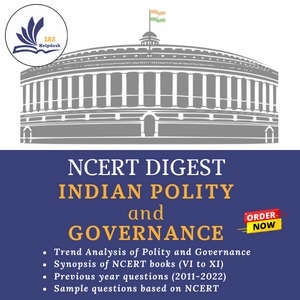Tele-Law Programme
Description
Tele-Law Programme
Description: Empowerment through Tele-Law: Free legal advice at your fingertips. Connect with Panel Lawyers via video/phone for swift grievance redressal. Benefit from CSCs, reaching rural and marginalized communities nationwide.
Tele-Law programme, an e-interface platform, to strengthen the pre-litigation mechanism in the country.
What are the objectives of Tele Law Programme?
The objective of the initiative is to connect the beneficiary with the Panel Lawyer to seek legal advice and consultation for an early redressal of their grievance through video conferencing/ telephone.
The vast network of Common Service Centres (CSC) at the Panchayat level is used to connect the disadvantaged, marginalized, vulnerable, and unreached groups and communities with Panel Lawyers for seeking timely and valuable legal advice
Common Service Centres (CSCs) are shops/Kiosks that deliver various government services online like public utility services, social welfare schemes, healthcare, financial, educational, and agriculture services to citizens in rural and remote areas of the country.
What are the Benefits of the programme?
Tele Law service enables anyone to seek legal advice without wasting precious time and money. The service is free for those who are eligible for free legal Aid as mentioned under Section 12 of the Legal Services Authorities (LSA) Act, 1987. For all others, a nominal fee of Rs. 30 is charged.
Who are the beneficiaries?
• Women
• Children
• Persons belonging to Scheduled Caste and Scheduled Tribe
• Victims of Trafficking
• Mentally ill and differently-abled people
• Victims of natural disaster/ethnic violence
• Workers in unorganized sector/industrial workers
• Undertrials
• People of low-income group
What kind of services are available?
Legal matters in which advice can be taken through Tele-Law service include:
• Dowry, family dispute, divorce, protection from domestic violence
• Sexual harassment, sexual abuse, eve teasing at the workplace
• Maintenance of women children and senior citizens
• Rights regarding property and land
• Equal wages for males and females
• Maternity benefits and prevention of foeticide
• Prohibition of child marriage, protection of children from sexual assault, prevention of child labour, and implementation of the Right to Education.
• Arrest – (F.I.R)/ process of registering the First Information Report.
• Atrocities against scheduled castes/ scheduled tribes and their rehabilitation
Who are the Frontline Functionaries?
• Para Legal Volunteers (PLVs) have been stationed to act as intermediaries, bridging the gap between common people and the Tele-Law service, and also to create public awareness about TeleLaw.
• Village Level Entrepreneurs (VLEs) who run the CSCs facilitate the online registration of beneficiaries with Panel Lawyers.
• Panel Lawyers have been positioned to provide legal advice and consultation to people. A Panel Lawyer is a practicing advocate selected by the Department of Justice and CSC-eGovernance Services or registered on the Panel of State /District Legal Services Authority.
• State Coordinators manage different stakeholders in the effective implementation of the Tele-Law programme in States/UTs.
Achievements
• Initially, in 2017, Tele-Law was available in 1800 CSCs in 170 districts in 11 States.
• In 2023, its services have been expanded to 2,50,000 CSCs across 28 states and 8 UTs of India. Over 50.33 lakh beneficiaries have received advice under the programme and the target is to provide legal aid to 1 crore beneficiaries by 2026.

